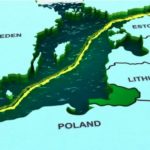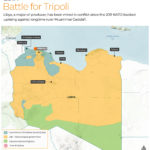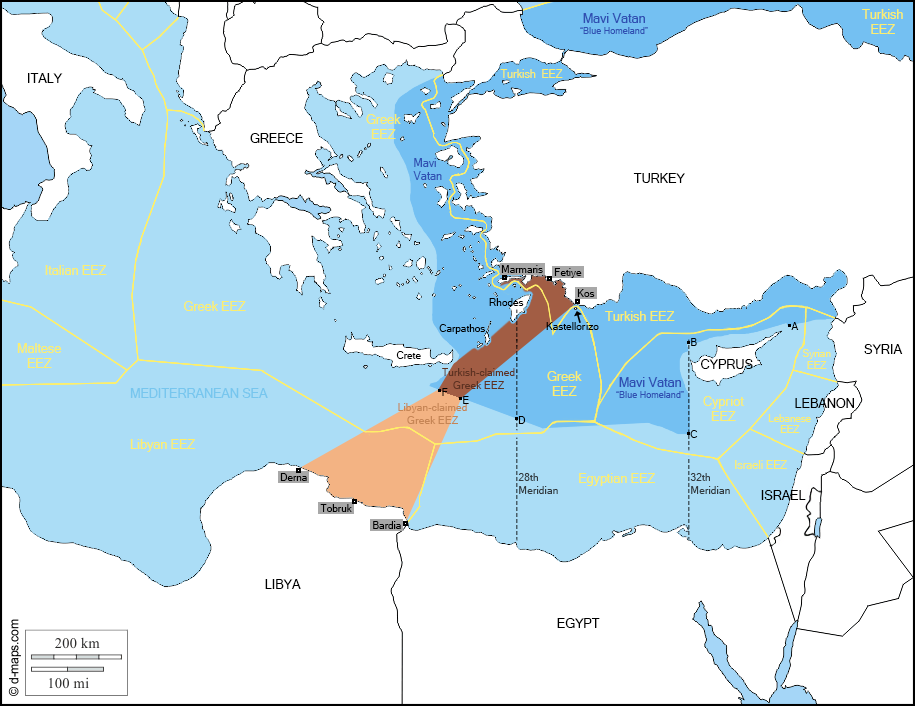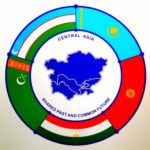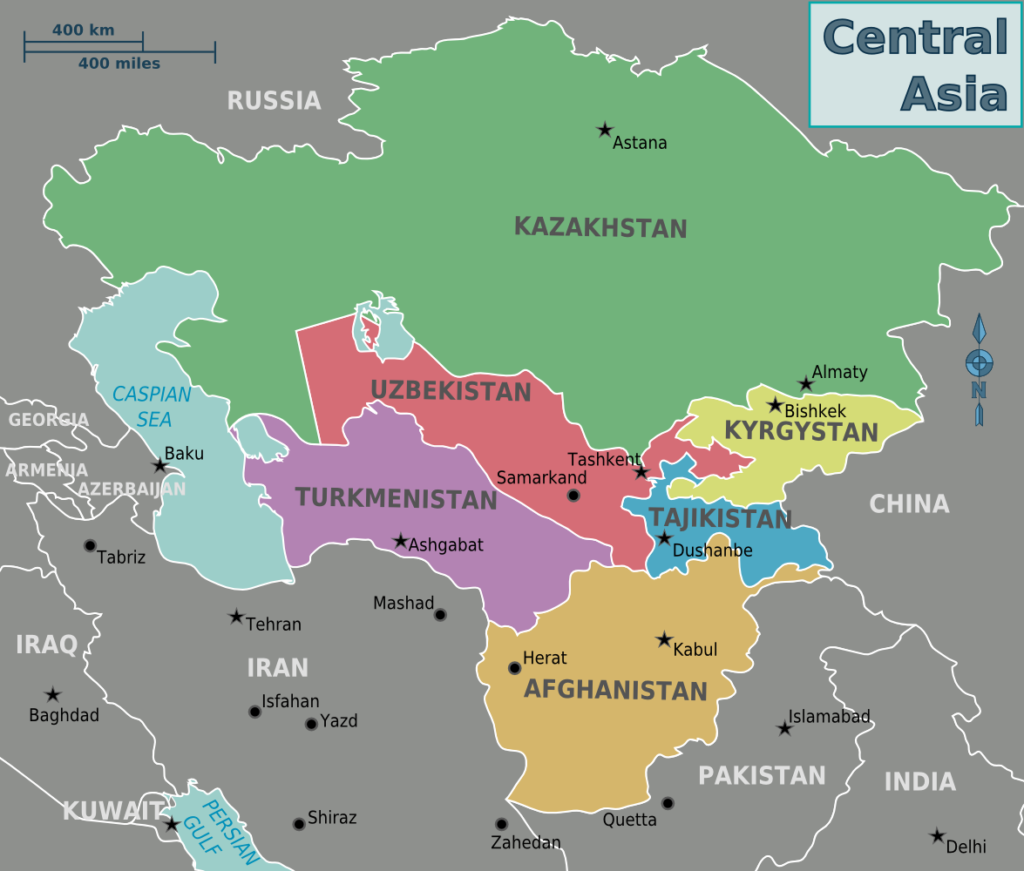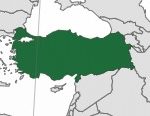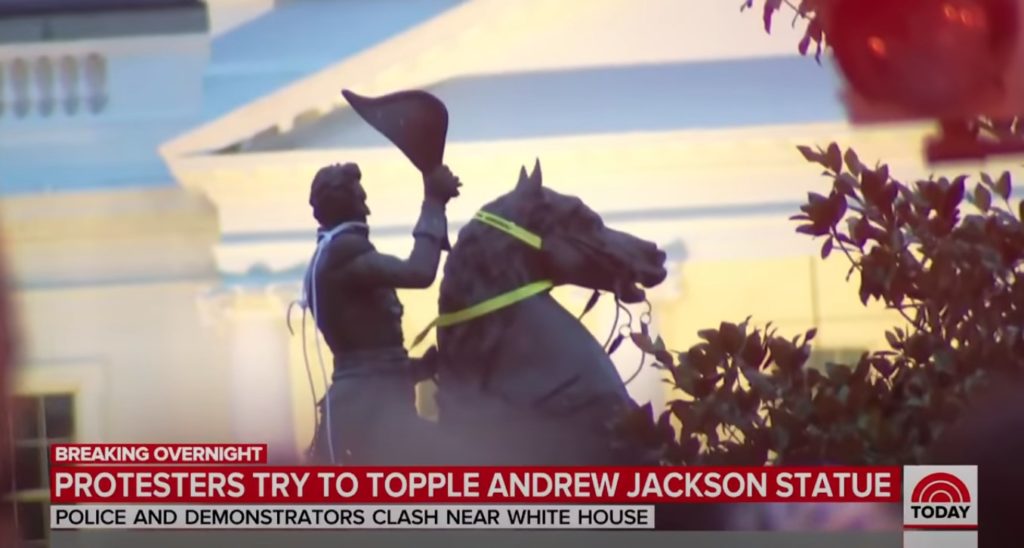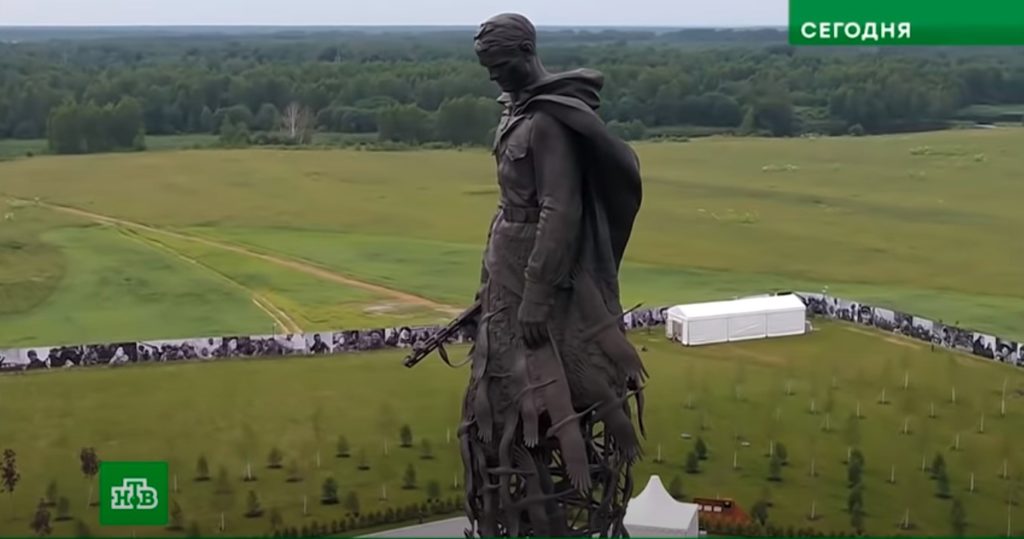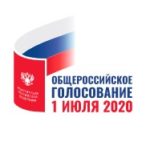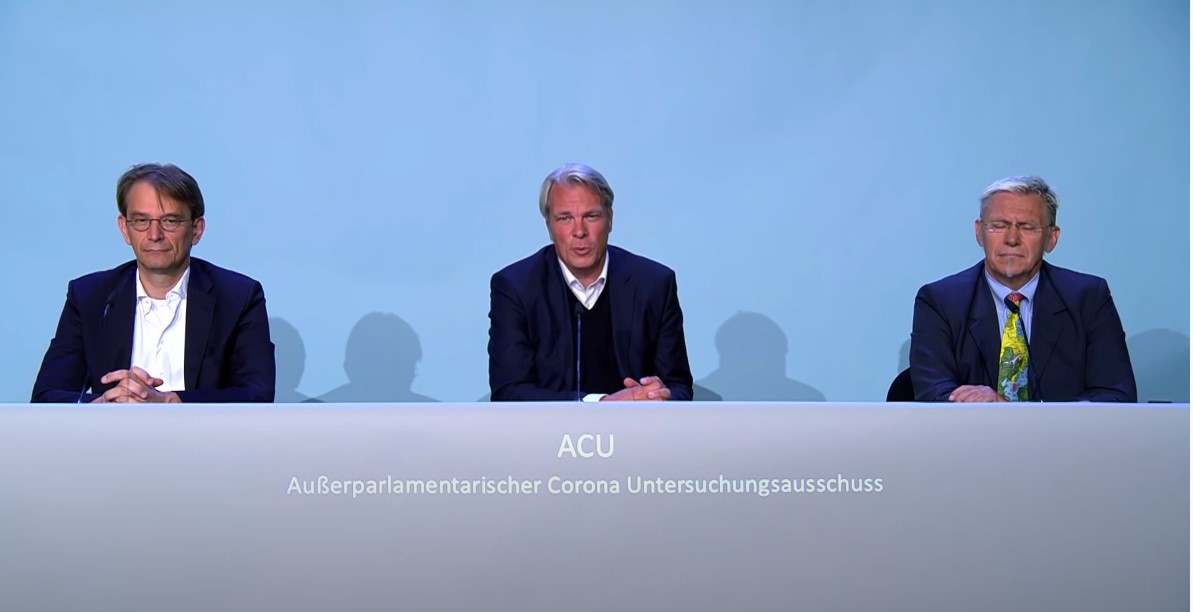Turkey’s President Recep Tayyip Erdoğan has announced the conversion of the Hagia Sophia from the museum to a mosque. The temple, which was built in 537 and served as the greatest Christian orthodox cathedral for a thousand years, was turned into a mosque in 1453 at the fall of Constantinople, Byzantium’s capital. After four centuries in 1934 this mosque was turned into a museum by Mustafa Kemal Atatürk, who wanted to tout himself to the world as a modern ruler of secular Turkey. President Erdoğan’s announcement met with an enthusiastic applause of the Muslims, not only those residing in Turkey. Much of the Western press denounced the move as Erdoğan’s maneuver aimed at diverting the nation’s attention from the current economic problems. This explanation – Marxist through and through – does not take into consideration at least two factors: psychological (Muslim faith) and political (symbolic message to the world). A nation’s attention can be diverted in a wide variety of ways, so why should it be the conversion of a museum into a mosque?
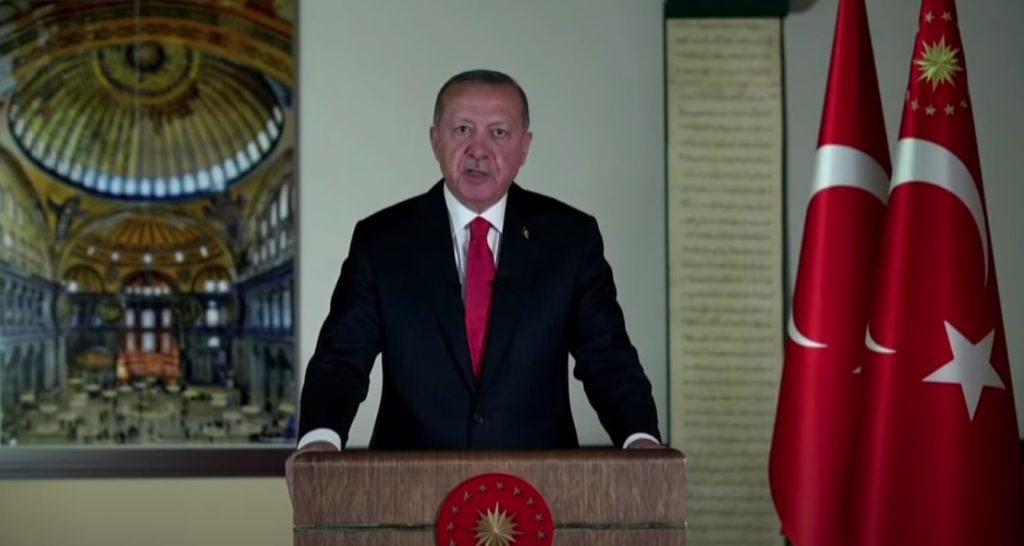
Turkey’s Hagia Sophia turned back into a mosque, causing a divide, CBC News: Tha National YouTube.
Atheist, deist or agnostic Western analysts typically cannot grasp the phenomenon of religious faith, its palpable reality. In scientific terms faith can be viewed as a psychological phenomenon and psychological phenomena are to be reckoned with just as physical ones or – at times – even more. Man is constricted in his actions by these two: physical reality and his internal psychological automatic pilot, so to say. It is not true that faith can move mountains in the literal sense of the word, but it is not true either that everything is a matter of physical coercion. There are women who turn prostitutes although they have money to burn, and there are such who will never even consider selling themselves despite the fact that they suffer want.
Religious (read: psychological) factor is as strong as economic. Failure to understand it caused the Western liberals to import millions of Muslims to (post-)Christian countries. The liberals regarded religious faith as a mere facet of tradition, culture or heritage, which can be changed at will and which constitutes no serious impediment to liberal ideas. How wrong they were is plain to see today, when religious – mainly Muslim – minorities pose serious social problems. Turkey has a special Directorate of Religious Affairs (known as Diyanet for short) that operates also abroad, especially among Turks dispersed in many West European countries. There is nothing comparable to it in any of the Western countries. The Diyanet has a large budget at its disposal and the word religious in its name obviously equates with Muslim.
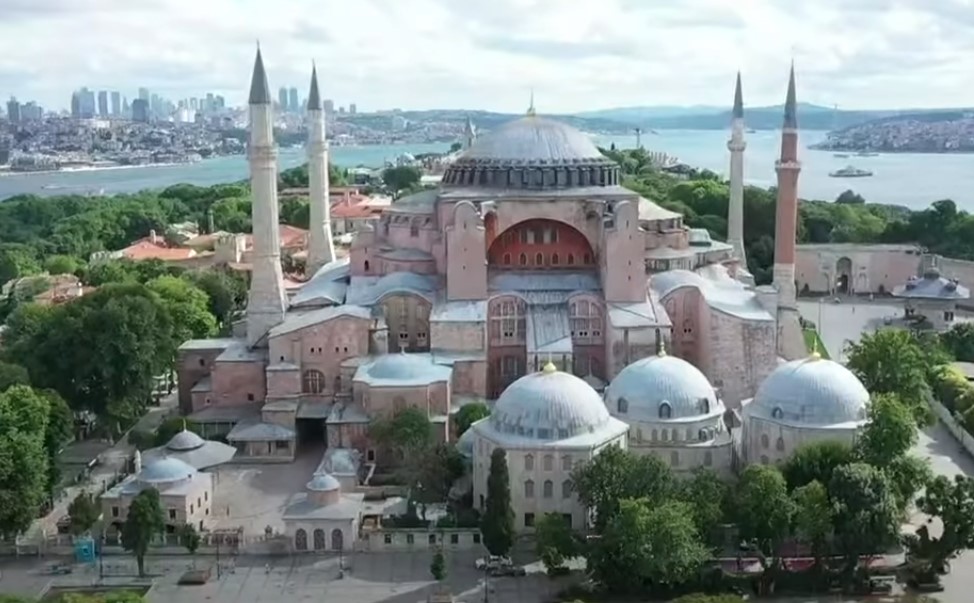
Turkey turns Hagia Sophia back into a mosque, TRT World YouTube.
Western analysts also claim that President Erdoğan has broken with the secular tradition set down by Mustafa Kemal Atatürk, as the former was creating the modern Turkish state on the ruins of the Ottoman Empire after the First World War. They either genuinely fail to recognize that secularism is the same as faith or religion only with the minus sign assigned to it or they intentionally do it to present themselves as those who occupy moral high ground. Why should secularism be something better than religiousness? Being lukewarm Christians at best, the Western journalists are incapable of imagining how serious this psychological phenomenon known as religious faith can be. If they have this inability to place themselves in the shoes of genuine believers, they should at least learn something from psychology. If they could be bothered to do so, that is. Then they would have learnt that religion is anything that constitutes the highest value in a man’s psyche. Hence, it need not be Christianity or Islam alone; religion can take the form of communism, fascism, feminism or secularism for that matter. A few centuries earlier Europeans discovering, conquering and administering foreign territories would bring with themselves the Christian cross and Bible (one of Columbus’s ships was named the Santa Maria); today, Western powers display homosexual rainbow flags on foreign territory and enforce accepting homosexual rights the way they once forced indigenous people to accept Christianity.
Continue reading →

